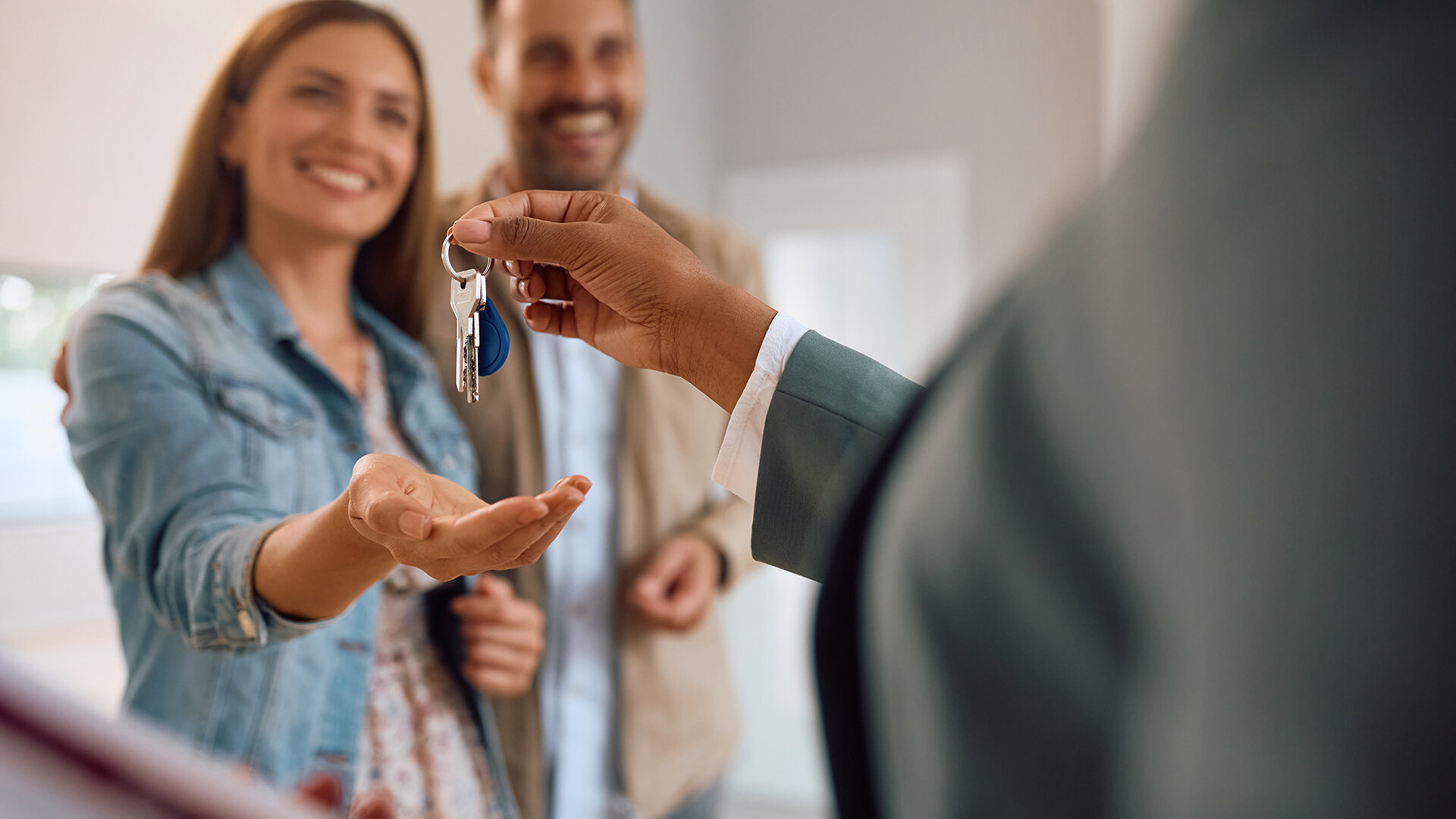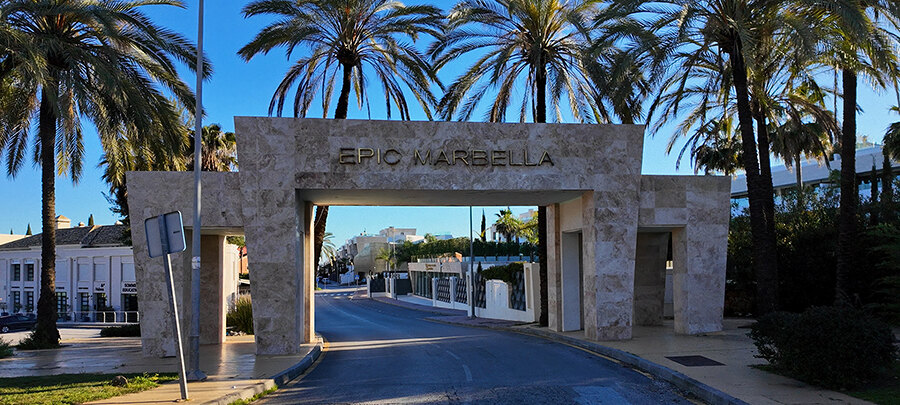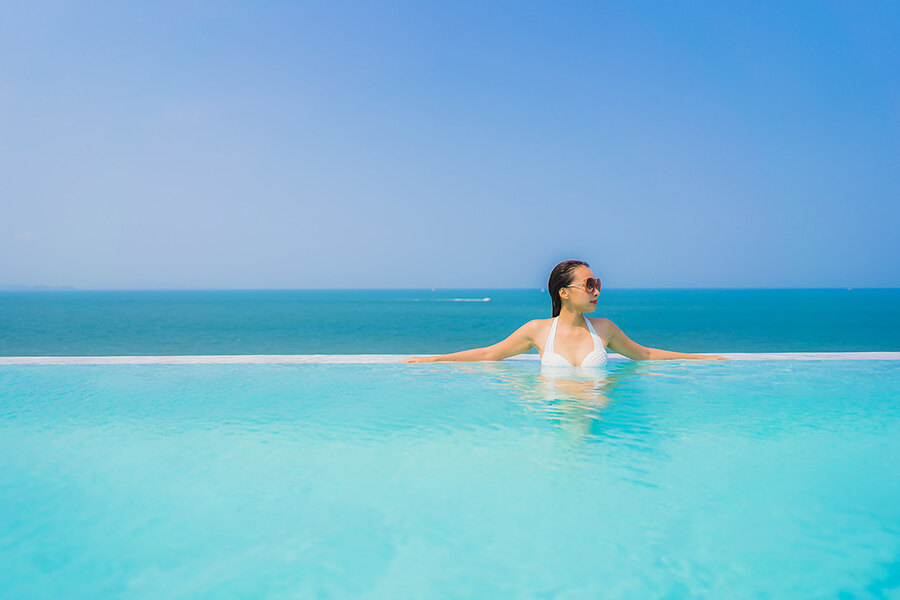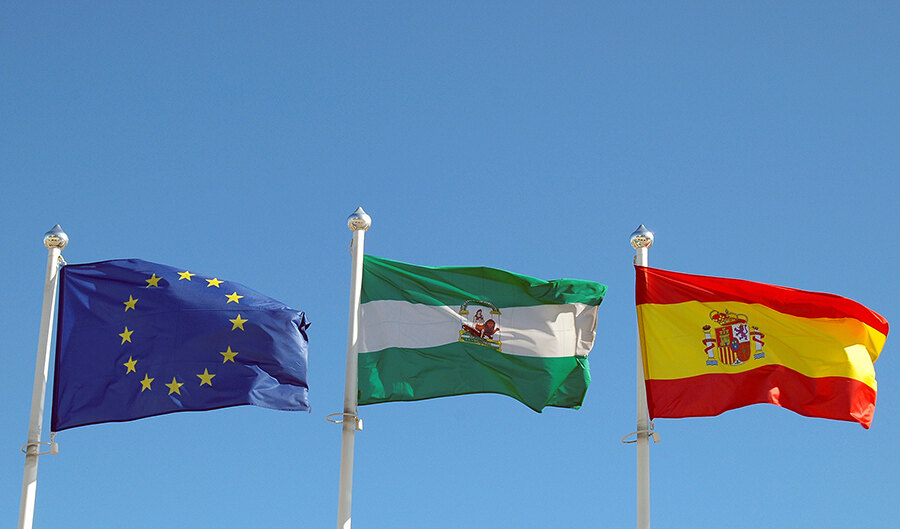
The essentials of buying property in Marbella as a foreign investor
Marbella continues to be one of Europe’s most desirable destinations for property investment. Whether you’re purchasing a second home, a rental property, or a long-term investment, Spain offers foreign buyers a straightforward route to ownership, and Andalucía provides some of the most favourable tax conditions in the country.
Can foreigners buy in Spain?
Yes! There are no nationality restrictions on buying property in Spain.
The only legal requirement is to obtain a NIE (Número de Identidad de Extranjero), a foreign identification number necessary for any property transaction, tax payment, or utility setup. You can apply for your NIE in Spain or through your nearest Spanish consulate using form EX-15.

Owning property in Spain does not automatically grant residency, but there are several visa options for those looking to spend extended periods in Marbella:
ꕤ Non-Lucrative Visa: For retirees or individuals with sufficient passive income, allowing residence without local employment.
ꕤ Digital Nomad Visa: A popular choice for remote professionals working for non-Spanish companies.
ꕤ Self-Employed or Entrepreneur Visas: For those establishing or managing a business in Spain.
Each route has specific income and insurance requirements, which vary slightly depending on the consulate processing your application.

The 5 main steps of the buying process
- Appoint a lawyer. Engage an independent local lawyer to carry out due diligence on the property’s title, planning status, and any community fees.
- Obtain your NIE and arrange funds. While a Spanish bank account isn’t legally required, it’s highly practical for handling taxes, utilities, and ongoing payments.
- Make an offer / negotiate. Your offer should clarify deposit, timeline, inclusions, and responsibilities.
- Sign the private contract (arras). A 10% deposit is typically paid to reserve the property and outline completion terms.
- Completion at the notary. Both parties sign the public deed (escritura pública), and the property is registered in your name at the Land Registry.
*For off-plan or new builds: Developers must guarantee pre-completion payments under Law 38/1999, and provide a 10-year structural defect insurance (Seguro Decenal).

Purchase Taxes in Andalucía (Marbella)
ꕤ Resale property: 7% Transfer Tax (ITP)
ꕤ New-build property: 10% VAT (IVA) + 1.2% Stamp Duty (AJD)
ꕤ Notary & Registry Fees: These vary with complexity but can run up to ~€3,000 in higher-value cases.
ꕤ Lawyer’s Fees: Typically ~1% + VAT
Resale purchases tend toward 10–11% total closing costs, while new builds hover around ~12% (inclusive of all taxes and fees).
Mortgage options for non-residents
Spanish banks commonly lend up to 60–70% of the property’s value for non-resident buyers, subject to income verification and credit history. Mortgage-related fees, valuation costs, and the 1.2% AJD stamp duty apply when a loan deed is signed.

Selling later on
When purchasing from a non-resident seller, the buyer must withhold 3% of the sale price and pay it to the Spanish Tax Agency using Modelo 211. This serves as an advance payment toward the seller’s Capital Gains Tax, which is 19% for EU/EEA citizens and 24% for non-EU nationals.
Why invest in Marbella?
Marbella differentiates itself through its consistent appeal, high-end infrastructure, and robust international demand. Add to that clear regulatory protections, full Wealth Tax relief under Andalucía’s policies, and a premium luxury rental market, and you have a location that rewards both lifestyle and investment.

Our insight
At Puente Romano Real Estate, we specialise in guiding international buyers through every stage of the purchasing process — from legal introductions and mortgage setup to tax orientation and rental licensing.
For a more comprehensive walk-through, including checklists, sample figures, and downloadable resources, be sure to read our full Marbella Property’s Buyer’s Guide